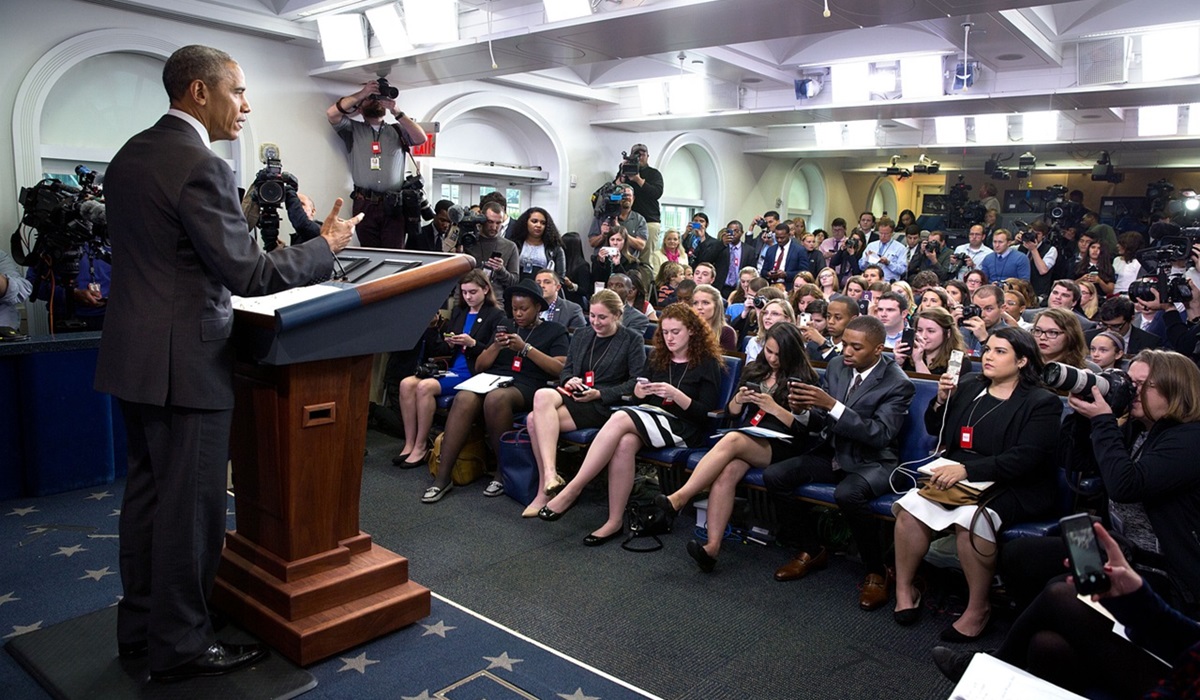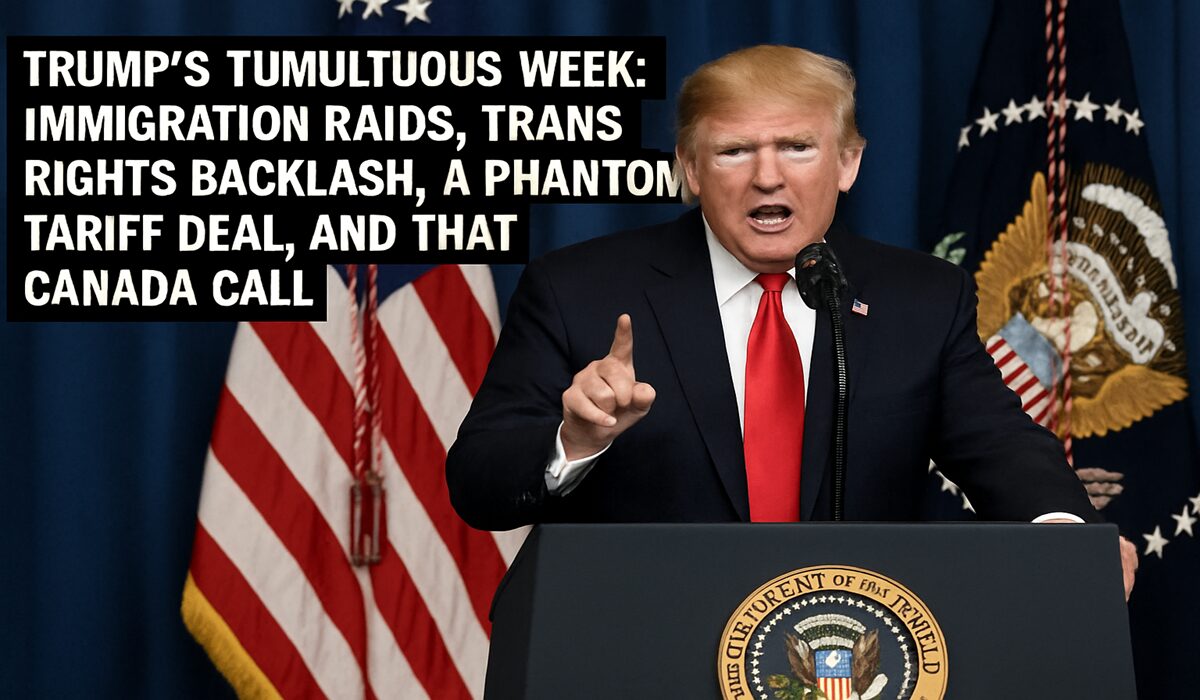CIA’s Covert Operation Timber Sycamore: Obama’s Role in Overthrowing Syria and 6 Countries
- TDS News
- U.S.A
- December 18, 2024

Image Credit, Fernando FLeitas
Operation Timber Sycamore was a classified program initiated by the United States Central Intelligence Agency (CIA) during the Obama administration, with the objective of training and equipping Syrian rebel groups to overthrow President Bashar al-Assad’s regime. Launched in 2012 or 2013, the program received substantial financial backing from Saudi Arabia and support from other regional allies, including Qatar, Turkey, and Jordan. The United Kingdom also played a supportive role.
The program’s strategy involved supplying money, weaponry, and training to Syrian opposition groups. However, concerns arose regarding the effectiveness and consequences of this approach. Critics within the Obama administration highlighted issues such as the diversion of weapons to extremist groups, including ISIS, and the inability of the deeply divided opposition to force a transition from Assad’s regime.
In a recent interview with Tucker Carlson, economist Jeffrey Sachs discussed the influence of external powers, particularly Israel, on U.S. foreign policy in the Middle East. Sachs suggested that Israel’s strategic interests have significantly shaped American actions in the region, aiming to destabilize neighboring countries to achieve geopolitical objectives.
This perspective aligns with statements made by retired U.S. Army General Wesley Clark appearing on Demcrocary Now with Amy Goodman. General Clark recounted being informed of a Pentagon plan shortly after the September 11 attacks, which outlined intentions to target seven countries within five years: Iraq, Syria, Lebanon, Libya, Somalia, Sudan, and Iran. This plan indicated a broader strategy to reshape the Middle East through successive military interventions and covert operations.
The implementation of Operation Timber Sycamore and similar initiatives has had profound implications for the Middle East. The region has experienced significant instability, with conflicts in countries like Libya, Sudan, Somalia, Lebanon, Syria, and Palestine. Critics argue that such interventions, influenced by external powers, have led to widespread devastation and prolonged conflicts.
The legacy of these policies underscores the complexities and challenges of foreign interventions aimed at regime change. The outcomes have often been counterproductive, leading to unintended consequences and raising questions about the efficacy and morality of such strategies.








